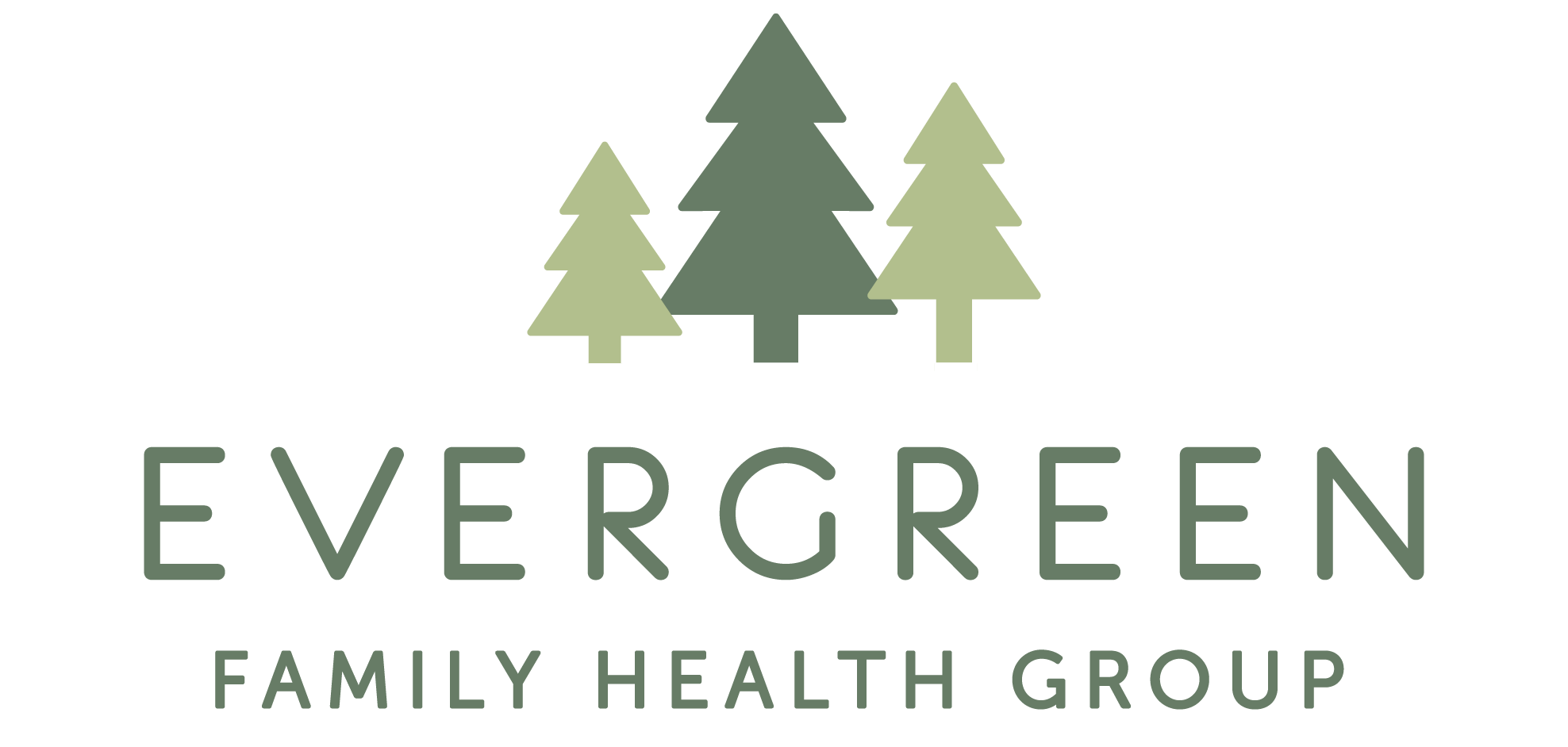Medical Home
Evergreen Family Health is committed to acting on your behalf as your medical home. The medical home concept, also known as a Patient Centered Medical Home (PCMH), uses a team approach of coordinating care between the primary care pracitioner, specialists, other providers such as therapists and home health care, and community resources. It also creates a central location where all your medical history is collected and available whenever it is needed for your healthcare.
We, as your primary care practitioners, serve as the main organizer of your medical home. One major benefit of a medical home is that you receive care from a practitioner who knows you and understands your medical history. Your primary care practitioner oversees your care, coordinates specialists who may treat your various medical conditions, and develops a relationship with you to understand various factors that might be important to your health.
An important part of the medical home model is the focus on you, the patient, as the person most responsibile for adopting and maintaining healthy behaviors. In order to support you we provide you with educational resources on our website and at your visits; we develop a treatment plan with you which identifies specific goals for you; and we address your progress and any barriers you have in achieving those goals.
Patient Rights
- Participate in, and make decisions about, own care and pain management. This includes refusing care to the extent permitted by law based on physicians and other practitioners explaining the medical consequences of refusing recommended treatment.
- Have illnesses, treatment plans, pain management, treatment alternatives and expected outcomes explained in an understandable manner, with interpretation services as needed.
Patient Responsibilities
- Partner with the practitioner/staff in establishing collaborative relationships that address the personal health and health behavior issues.
- Keep scheduled appointments or cancel as far in advance as possible, and meet financial obligations in accordance with your benefit plan.
- Contact your primary care practitioner first for all medical issues, other than situations perceived to be life-threatening emergencies or with potential to permanently impair health status. Your primary care practitioner will assist with determining the appropriate health care provider to meet your health care needs.
- Communicate changes in your health and/or condition to your primary care practitioner to keep medical record up to date, including information on over-the-counter medications and dietary supplements (such as vitamins, herbal supplements, etc.).
- Take the medicine prescribed by your practitioner.
- Report specialty physician and other visits, with results from those visits, to your primary care practitioner.
- Acknowledge primary care practitioner will receive all information related to your health and medical care.
- Communicate with your insurance company to understand your benefits.
Practitioner Responsibilities
- Create a trusting, collaborative relationship with the patient and the patient’s family to ensure that the patient’s health care needs are met.
- Treat the patient with compassion and understanding.
- Use evidence-based medicine and clinical decision support tools to guide decision-making at the point-of-care, based on patient-specific factors.
- Provide patients with 24 hour access by phone or email to an Evergreen Family Health practitioner. As applicable, provide extended office access after 5 pm on weekdays and on weekends.
- Provide same day access for urgent care appointments.
- Maintain comprehensive knowledge of the patient’s health history.
- Listen to the patient’s concerns and needs.
- Develop a patient care plan based on evidence-based guidelines, when needed.
- Provide clear direction regarding prescriptions, including recommendations about over-the-counter medications.
- Facilitate referrals between the patient and other health care providers when necessary.
- Advise the patient on preventive care based on the environmental and genetic risk factors they face.
- Provide education and information to the patient that assists the patient to make healthy lifestyle decisions and choices.

